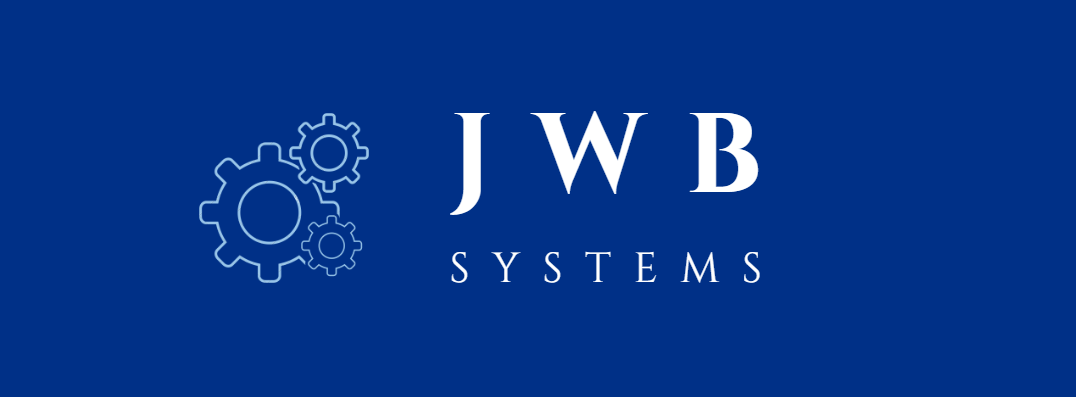
Course SLE201v15
SUSE Linux Enterprise Server 15 Operations
This course is designed for those who are seeking a fundamental understanding of the SUSE Linux Enterprise Server (SLES) operating system. This course is an updated version of the SLE201v15 Administration course, which will be retired on 31 January 2025.
Students will be able to configure a SLES 15 server and integrate it into an existing network. They will be able to perform the most important system administration tasks.
This course helps prepare students for the SUSE Certified Administrator in Enterprise Linux 15 (2025 Update) certification exam.
Course Information
Delivery Method: Classroom or Virtual Classroom
Course Duration: 5 days
Course Level: Beginner
Cost: 1,650.00 USD (including all local taxes in the jurisdiction of Hong Kong)
Key Objectives
Attendees will be taught the following concepts and skills that are fundamental in administering the SLES Operating System:
- The command line interface & commonly used commands
- The file system structure and file types
- Management of local users and permission management
- Process management and scheduling of tasks
- Remote administration configuration and use
- Storage management
- Btrfs file system configuration and use
- Basic networking configuration
- Software management
- Available log files
Audience Summary
This course is designed for those who have little or no experience with Linux and who are seeking a fundamental understanding of the SUSE Linux Enterprise 15 operating system. It is also ideal for those who want to begin preparing for the SUSE Certified Administrator in Enterprise Linux 15 (2024 Update) certification exam.
Course Outline
- Section 1: Course Introduction
- Course Objectives and Audience
- Course Lab Environment Overview
- Certification Options
- Additional SUSE Training
- Section 2: Overview of SUSE Linux Enterprise
- Introduction to SUSE Linux Enterprise
- SUSE Linux Enterprise Subscription
- SLES Documentation
- Section 3: The Command Line
- Overview of the Bash Shell
- Get Help in the Bash Shell
- Commonly Used Commands
- Stream Redirection and Piping
- Search the File System for Files and for Text Within Files
- Section 4: The Linux File System
- Introduction to the File System Hierarchy Standard
- The Linux File System Structure
- Linux File Types
- Section 5: Text Editors
- Introduction to Vim
- Basic Vim Configuration
- Enhanced Vim Features
- Section 6: Users and Groups
- Overview of Linux Users and Groups
- Manage Users and Groups from the Command Line
- Manage Users and Groups using YaST
- Section 7: File and Directory Permissions
- File System Permissions
- Special File and Directory Modes
- Extended Access Control Lists
- Section 8: Process Management
- Introduction to Linux Processes
- View Processes
- Introduction to Signals and Process Termination
- Process Priority
- Foreground and Background Processes
- Section 9: System and Service Management
- Introduction to systemd
- Manage Services with systemd
- Configure systemd Targets
- Section 10: Task Scheduling
- Introduction to Task Scheduling
- Schedule Recurring Jobs
- Schedule One Time Jobs
- Schedule Jobs Using Systemd Timers
- Section 11: Privilege Delegation
- Effective User and Group Identifier
- Modifying User and Group Identifier
- Manage Privilege Escalation Using Sudo
- Section 12: Remote Administration
- Overview of Remote Administration
- Remote Administration Using SSH
- Configure Key Based Authentication for SSH
- Remote Administration Using VNC
- Remote Administration Using RDP
- Section 13: Storage Management Fundamentals
- Overview of Linux Storage
- Disk Partitioning
- Linux File Systems
- Mount Volumes into the Linux File System Hierarchy
- Storage Management with YaST
- Manage Storage Space
- Section 14: Logical Volume Manager
- An Overview of Logical Volume Manager
- LVM Configuration File and Services
- LVM Configuration from the Command Line
- Managing LVM from the Command Line
- LVM Snapshots
- LVM Configuration Using YaST
- Section 15: Btrfs Management
- Overview of Btrfs
- Creating and Managing Btrfs File Systems from the Command Line
- Managing Btrfs Using YaST
- Introduction to Btrfs Snapshots
- Section 16: Network Management Fundamentals
- Overview of Network Interfaces
- Physical Network Interface Naming
- Managing Network Configuration
- Test Network Configuration
- Network Management Using Wicked
- Name Resolution
- Network Management Using YaST
- Section 17: Software Management
- Overview of Software Management
- Introduction to RPM
- Working With RPM
- Introduction to Zypper
- Zypper Repository Management
- Zypper Package Management
- Using YaST to Manage Software
- Section 18: System Logging
- Overview of System Logging in SLES
- Kernel Log Messages
- The System Logging Daemon
- Log Rotation
- Systemd Logging
- Supportconfig
Course Prerequisites
This course is designed for students without previous Linux experience. Basic computer skills on any operating system is required.
